
HISTORICAL PLACES
29-07-2020 di redazione

Gede is located between Malindi and Kilifi, in the coastal region of Kenya, 94 km north of the city of Mombasa.
Its ruins tell of historical un'insediamento, one of the oldest in the coastal area of East Africa which has remained track. The town, which seems would host 3,000 people, was abandoned in the late 1500s the abandonment causes uncertain, but it is likely that it was an attack of the dreaded Somali Galla tribes, driven out of Malindi, destroying a large part of that civilization.
In previous centuries it appeared as a fortified citadel, consists entirely of rocks and stones, inhabited by people of Arab origin Swahili. Its inhabitants had trade relations with the Middle East and India, and the riches of its dignitaries were huge.
Now the ruins of Gede (Gedi Ruins) have become a national museum, and what remains underground plant is surrounded by a forest of beautiful native plants, with many baobab and tamarind.
It's worth a walk and a visit more for the outline for the real historical value of the remains. Among a tomb and a portal, it can sometimes jump out of a monkey, or some of the old wells can resonate the direction of an owl.
The historic town of Gede occupied a very large area, about 44 hectares of land and had two large walls that enclosed it.
The interior walls were the neighborhood where the rich lived. The outer wall enclosed in 18-hectare farmland and plantations also included with a number of mud huts and makuti for the poor farmers.
Inside the main wall is a coral tomb with the date engraved in beautiful Arabic calligraphy, dated 1399. From the tomb, you can see the Great Mosque with a spectacular deep well, known as the "Well of the Great Mosque" that must It has been used for ablutions and is still visible. On the other side of the mosque is the tomb of imam with large octagonal pillar.
Also in the forest, you can see the royal palace from the 15th century and the rooms of the women, who had no windows, no doors to other rooms that are believed to have been used by the nobles to preserve gold and jewels. The only way to get in those rooms was through a secret passage from the roof.
In 1927, the historic town of Gede was declared a historical monument and began excavations and subsequent conservation work was carried out in order to bring to light the areas of historical interest of the i settlement.
PHOTO Leni Frau
NEWS
di redazione
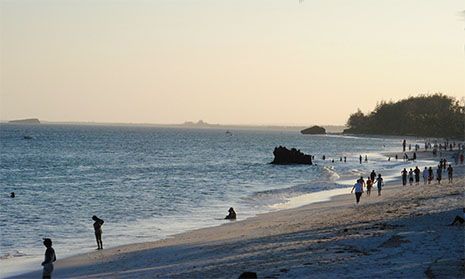
A research conducted by BMI Pubblication, an agency dealing with a variety of magazines, magazines and online travel and tourism websites, has conducted a search for new marketing for the Kenyan coast and has recently shared with Diani the results...
PLACES
di redazione
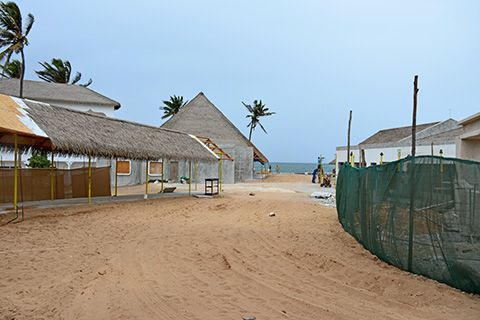
There will also be a bar with the reproduction of Gede's ruins (Gede Coffee Shop) among the wonders of Watamu's new Hemingways.
The luxury beach resort, residence and bar-restaurant has been in restyiling for a year now and is preparing...
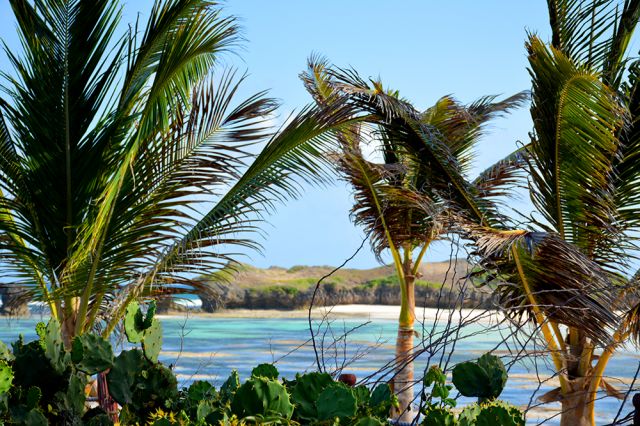
The beauty of nature around Watamu is the first calling card of this wonderful resort in Kenya.
Twenty kilometres before Malindi, arriving from Mombasa and Kilifi, after the...
PLACES
di redazione
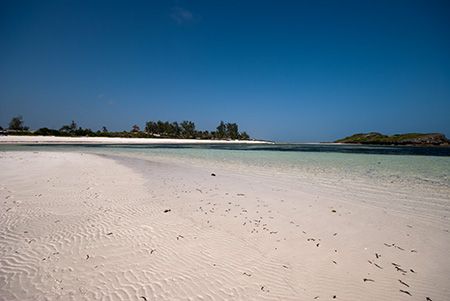
The beauty of nature around Watamu is the first calling card of this wonderful Kenyan resort.
Twenty kilometers before Malindi, arriving from Mombasa and Kilifi, after the villages of Chumani and Matsangoni, you meet...
PLACES
di redazione

Bad news does not always bring as much bad news, sometimes it rains in the dry and not in the wet...
NEWS
di redazione

The residents and communities of the Arabuko Sokoke forest protest against the excavations on its edges.
The largest rainforest of the Kenyan coast, which extends up to Gede Matsangoni Mijomboni and Jilore south and north, is a key lung not...
SCHOOL
di redazione

Gede's school is really special.
Not only because it is called "special school" and because its students are extraordinary children, but because it receives and transmits love.
What can be done for the disabled motorcycles and mental school just outside...
SOCIALE
di redazione

They are the purest, sweetest, and the ones hopelessly hopeless, but to a smile and joy given by the solidarity that does not pretend tomorrow, that does not ask gratitude and can not build the future.
And 'pure kindness and...
PLACES
di redazione
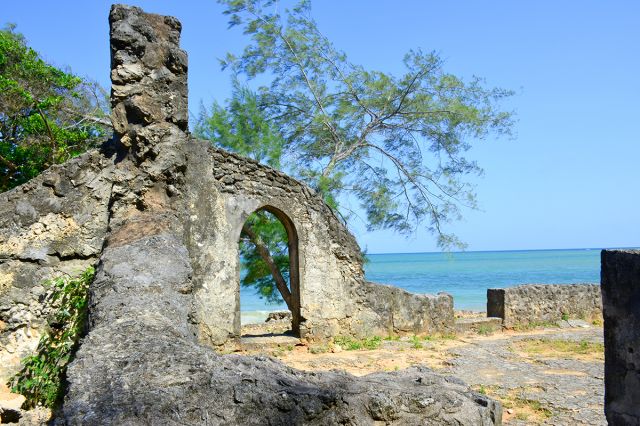
It was called "Jumba La Mtwana", where "jumba" in kiswahili means "home".
It was an Arabic citadel built in the 13th century AD on the banks of the Indian Ocean, not far from the cove of today's Mtwapa, about twenty...
di redazione
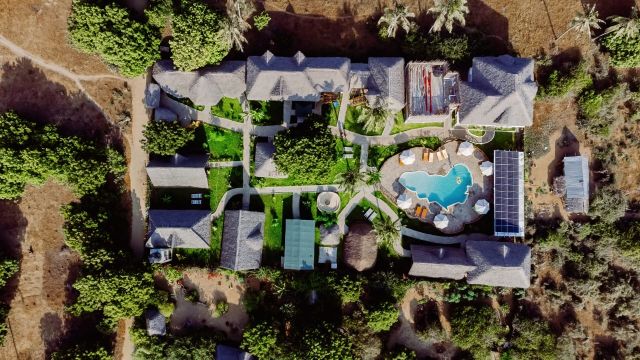
In Watamu there is a place that is absolutely worth visiting and where you can spend at...